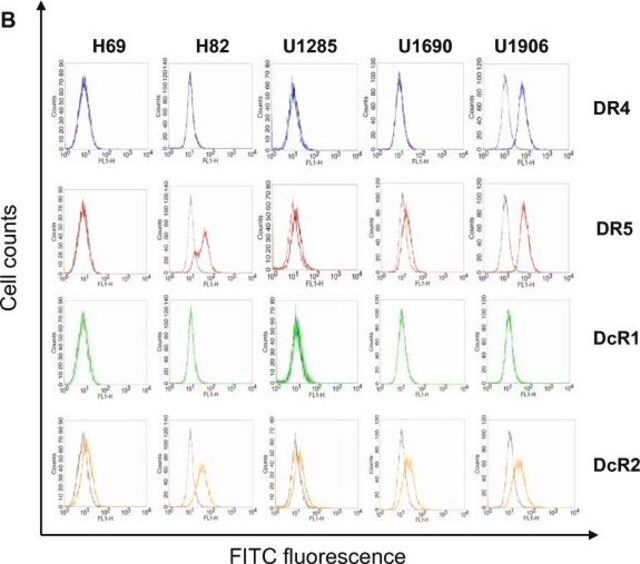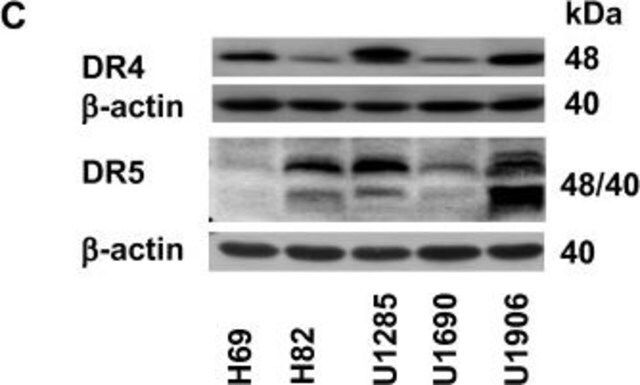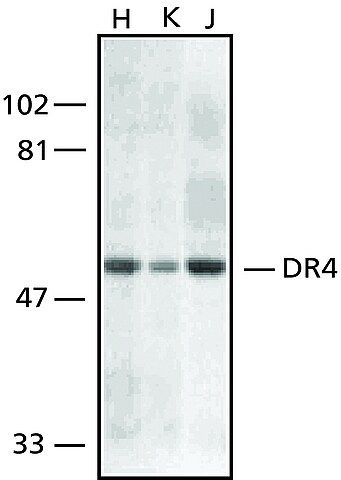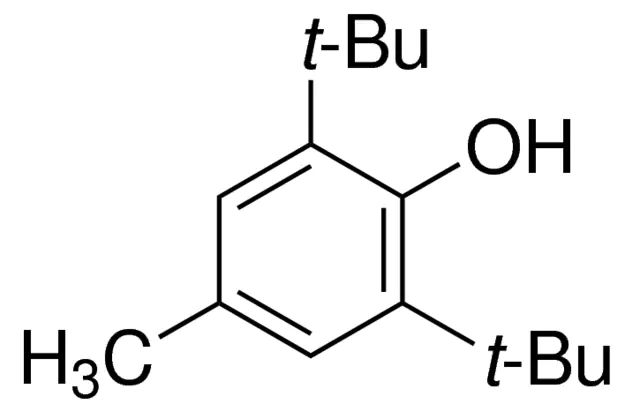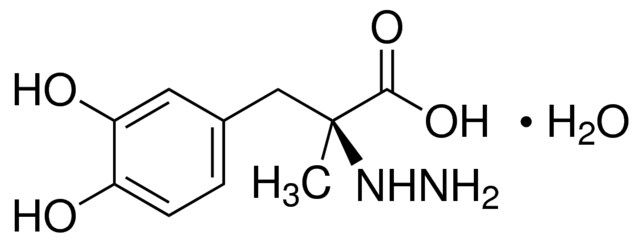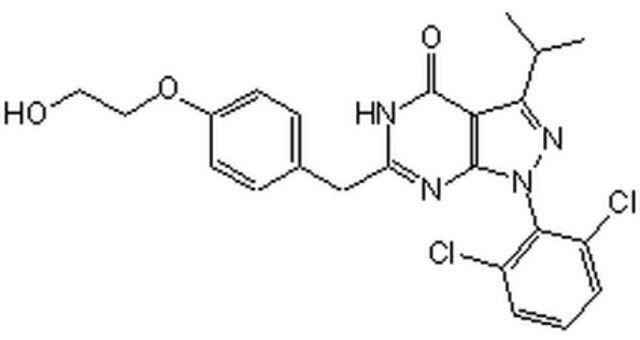产品说明
一般描述
DR4, referred to as TRAIL Receptor-1, is a novel death domain containing receptor whose ligand has been identified as TRAIL or apoptosis-inducing ligand 2 (Apo2L). It is a member of the TNF superfamily of receptors that induce apoptosis. It is expressed in most human tissues including spleen, peripheral blood leukocytes, small intestine, and thymus.
免疫原
synthetic peptide corresponding to amino acids 1-20 of the N-terminal of the mature human DR4.
应用
Applications in which this antibody has been used successfully, and the associated peer-reviewed papers, are given below.
Western Blotting (1 paper)
Anti-DR4 antibody produced in rabbit is suitable for microarray and immunoblotting at a working dilution of 1:500-1:1000 using total HeLa, K562, and Jurkat whole cell lysates. It was used as a primary antibody in the immunodetection of DR4 in cell lysate of human small cell lung carcinoma cells. It was used as a primary antibody in the immunoblot analysis of fetal and adenocarcinoma epithelial colon cells in a study.
生化/生理作用
DR4 induces apoptosis in a variety of human tumor cell lines, but not in normal cells and activates NF-κB.
外形
Solution in phosphate buffered saline containing 0.02% sodium azide
免责声明
Unless otherwise stated in our catalog or other company documentation accompanying the product(s), our products are intended for research use only and are not to be used for any other purpose, which includes but is not limited to, unauthorized commercial uses, in vitro diagnostic uses, ex vivo or in vivo therapeutic uses or any type of consumption or application to humans or animals.
基本信息
| MDL编号 | MFCD01864349 |
| NACRES | NA.41 |
产品性质
| 生物来源 | rabbit |
| 质量水平 | 200 |
| 偶联物 | unconjugated |
| 抗体形式 | IgG fraction of antiserum |
| antibody product type | primary antibodies |
| 克隆 | polyclonal |
| 形式 | buffered aqueous solution |
| 分子量 | antigen approximately 57 kDa |
| species reactivity | human |
| technique(s) | microarray: suitable western blot: 0.5 μg/mL using human HeLa cell extract |
| UniProt登记号 | O00220 |
| 运输 | dry ice |
| 储存温度 | −20℃ |
| Gene Information | human ... TNFRSF10A(8797) |

